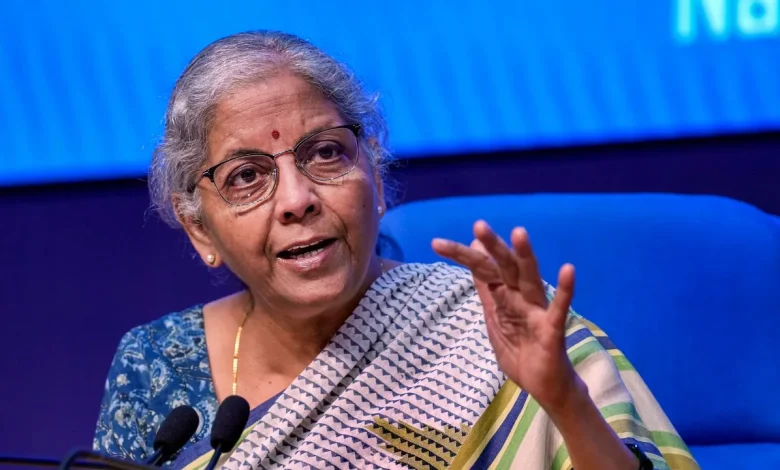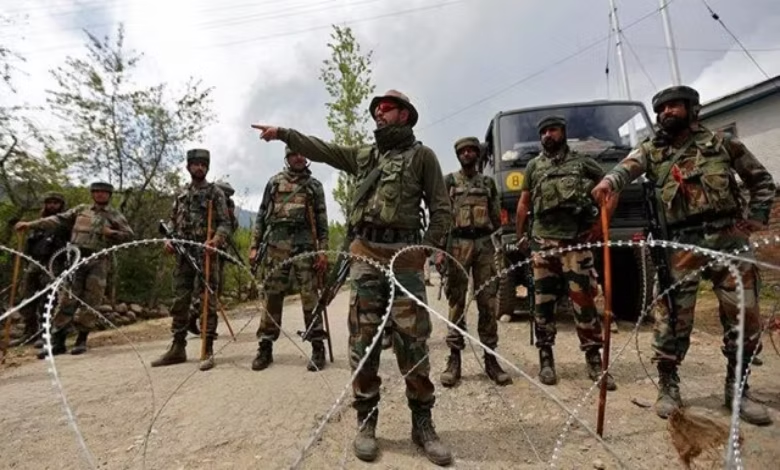
New Delhi: Finance Minister Nirmala Sitharaman on Friday assured that the government will soon roll out a package to support exporters struggling under steep US tariffs. Her remarks come weeks after US President Donald Trump imposed additional duties on Indian goods, including a 25% punitive levy tied to India’s purchase of Russian crude oil.
The latest move has raised tariffs on several key export items from garments, jewellery, and footwear to chemicals in some cases reaching as high as 50%.
Govt to Announce Handholding Measures
Speaking to CNBC-TV18, Sitharaman confirmed that relief measures are being prepared specifically for industries most affected by the tariff regime.
“We can’t leave exporters high and dry. The government will come out with something to handhold those who have been hit by 50% tariffs,” the finance minister said, while noting that the plan would still require Cabinet approval before rollout.
Details of Planned Support
According to a Media report last week, officials have indicated that a comprehensive package is being finalised to ease the immediate liquidity crunch exporters are grappling with.
One official cited in the report explained that many exporters may soon suffer delayed payments, stretched receivable cycles, or cancelled orders due to the tariff hikes.
“To avoid working capital stress and safeguard jobs, the government is considering liquidity support, insolvency prevention, and measures to sustain firms until new markets can be accessed,” the official said.
Sources added that Covid-era style liquidity support mechanisms, alongside medium- and long-term strategies such as market diversification and supply chain integration, are on the table.
Trade Ties Under Strain
The punitive tariffs, described as among the toughest imposed during Trump’s tenure, have strained what was once considered a growing partnership between India and the US.
Industry estimates cited by Reuters suggest that nearly 55% of Indian exports to the US worth around $48 billion now face a cost disadvantage when compared to competitors from Vietnam, China, and Bangladesh.




